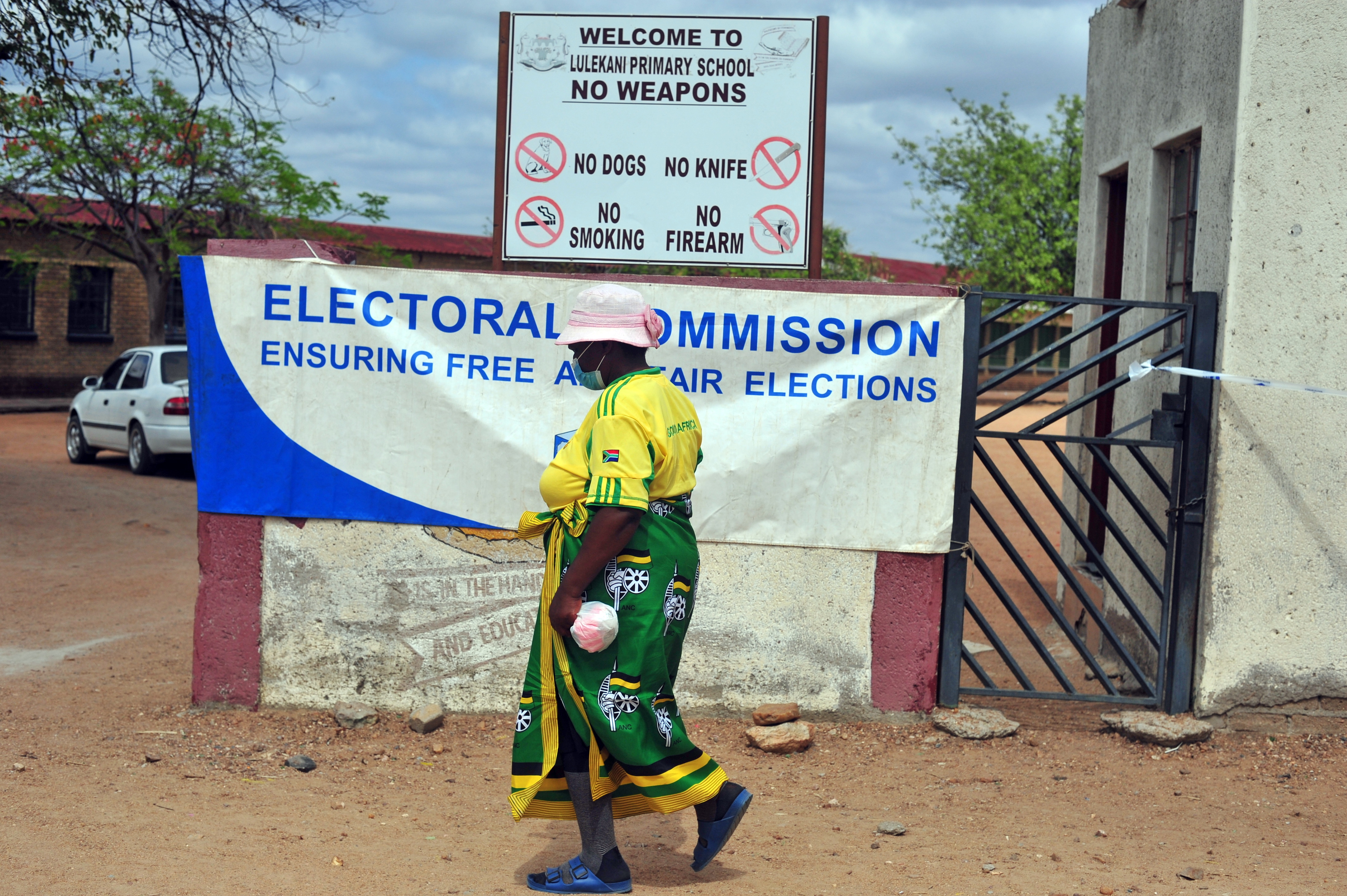As the elections draw nearer, incidents of misinformation, disinformation and fake news multiply, as bad actors seek to confuse people about how the voting process works.
A message containing misinformation has been circulating on WhatsApp, mistakenly encouraging voters older than 60 to apply for a special vote to cast their ballots early.
The message claimed that the Electoral Commission of South Africa had given registered voters aged 60 and older leeway to vote before voting day on 29 May.
The misleading message read: “Important for everyone over 60. Voting day is 29 May. If you want to avoid long queues and parking problems: The IEC has given permission for everyone over 60 to vote on the 27 and 28 at the polling station where you are registered. Just text (SMS) your ID no to 32249.”
But the message is categorically untrue, and was not disseminated by the commission, the IEC confirmed on Monday.
“The Electoral Commission re-emphasises the general principle of election administration that voters must vote where they are registered. However, in the event a voter intends to be in a different voting district on voting day, such a voter must notify the Commission of their intended absence from their voting district and must identify the voting station where they wish to cast the vote,” the IEC said.
Read more in Daily Maverick: A complete guide to voting in the 2024 South African general elections
Who qualifies for a special vote?
According to the IEC’s criteria, only people who cannot travel to voting stations due to being physically infirm, disabled, or pregnant, and those who cannot vote at their voting station on election day, qualify for a special vote.
The application appears to work on an honour system that allows voters to cast their ballots two days before election day on 27 and 28 May.
Remember that the deadline for applying for special votes closes this week, on Friday, 3 May. You can apply for a special vote on the IEC’s website, or by SMSing your identity number to 32249 for voting station visits only.
You can also visit your local IEC office and submit an Appendix 1B form for a voting station special vote.
Home visits
For home visits for those unable to travel to voting stations due to illness or disability, an Appendix 1A form can be submitted to your local IEC office. Someone else can hand-deliver the forms on your behalf.
Read More in Daily Maverick: SA’s 2024 elections must be strongly prepared for flurry of online influence and disinformation
How to protect against disinformation and misinformation
In July 2023, the IEC announced that it was working with social media giants such as Google, Meta and TikTok, in addition to Media Monitoring Africa (MMA), to fight disinformation in an effort to safeguard the integrity of the electoral process. The partnership aims to facilitate actions such as removing content, issuing advisory warnings and delisting offenders.
Daily Maverick journalists also attended a fact-checking exercise where Africa Check’s head of education and training Carina van Wyk, offered advice on how voters can protect themselves from falling prey to dis- and misinformation. It involves asking several questions when consuming information on social media and online.
Van Wyk’s elections misinformation tips:
- If it sounds too good, shocking or unlikely to be true, question it, pause and make sure you verify the information before you share it;
- If it triggers your emotions, if it makes you angry, or scared, or if it gives you hope, then pause, reflect and verify before you share it;
- If information is shared and looks like it’s going viral, look at credible news sources to verify the information;
- Ask yourself: who is the source of the information?
- With AI-generated images, look at the details such as fingers, ears, backgrounds and patterns, because artificial intelligence often doesn’t get all the details right.
You can also go the extra mile by verifying information on reputable sites, such as the IEC website or fact-checking website. The IEC and MMA also developed the Real411 platform where incidents of fake news, disinformation and misinformation can be reported. Another online tool, snopes.com can also be used to verify articles.
Always remember to check the text for grammatical and spelling errors, as these are often dead giveaways that the information you are consuming is not factual. DM
For information about voting and elections, see the IEC website.




